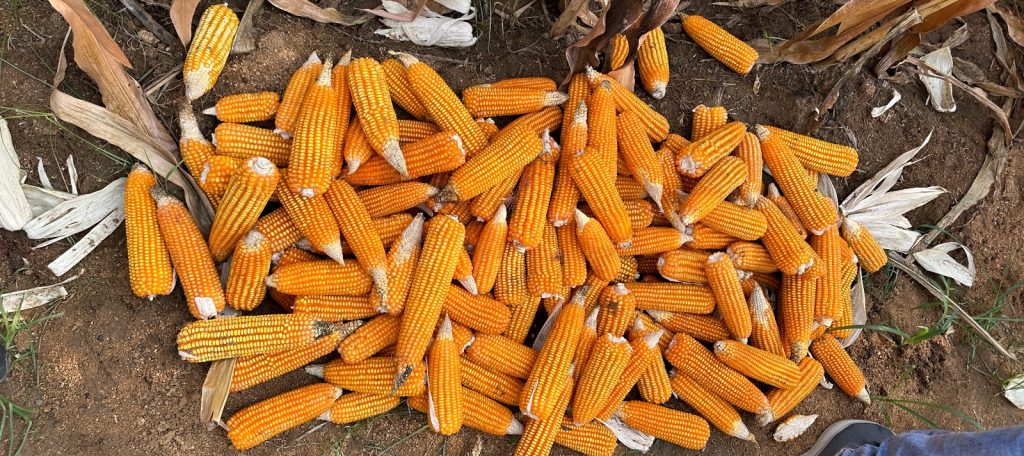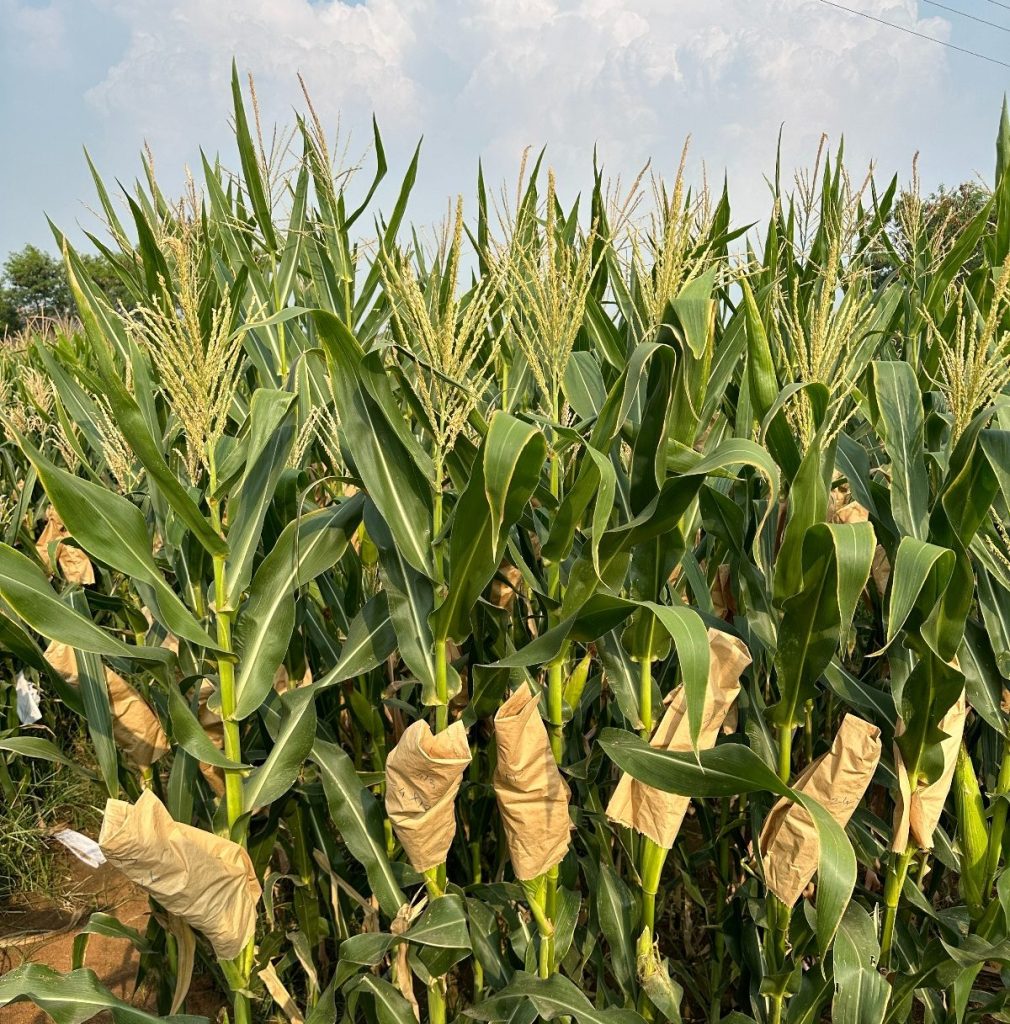Shubhamsri agro has focused on strategic crop improvement research and considers its commitment to “SCIENCE” to lay down a strong base for continued success in developing superior quality products for the farmers of India. Shubhamsri agro is committed to supplying quality products by combining conventional breeding with modern biotechnology tools.

R&D is the epicenter of innovation at SABL.R&D activities are centered around the focus crops to develop products that delivers:

Each year, we develop and test over 1,000 new hybrids, evaluating their performance under different agro-climatic conditions. Our extensive testing network spans multiple locations across India, ensuring that our hybrids are well-adapted to diverse environmental conditions.
We collaborate with state universities, ICAR, and other government institutions to rigorously evaluate our hybrids. Many of our hybrids have been successfully selected and recognized in government trials, further establishing our reputation for excellence in agricultural research.
Shubhamsri crop improvement research and breeding activities is carried out in more than 50 acres in different locations around Hyderabad and in other states. SABL has strategically identified its 31 Multi Location Testing (MLT) centers across India as representative stations to cover the major agro-climatic regions of India.
A large number of SABL products have been tested by ICAR and various State Agricultural Universities in Assam, Andhra Pradesh, Bihar, Chattisgarh, Himachal Pradesh, Karnataka, Maharashtra, Telangana, Uttar Pradesh, Nepal, etc., and have been found to be delivering better or on par results with other competitors hybrids.
Seed processing is necessary in order to:
Dry seeds to safe moisture level
Remove weed seeds, other crop seed, and deteriorated or damaged seed
Uniform size grading and seed treatment to ensure overall seed quality

Shubhamsri agro bio-gene limited liability partnership is a company nurtured by Professionally managed team who have spent more than three decades in field of agriculture